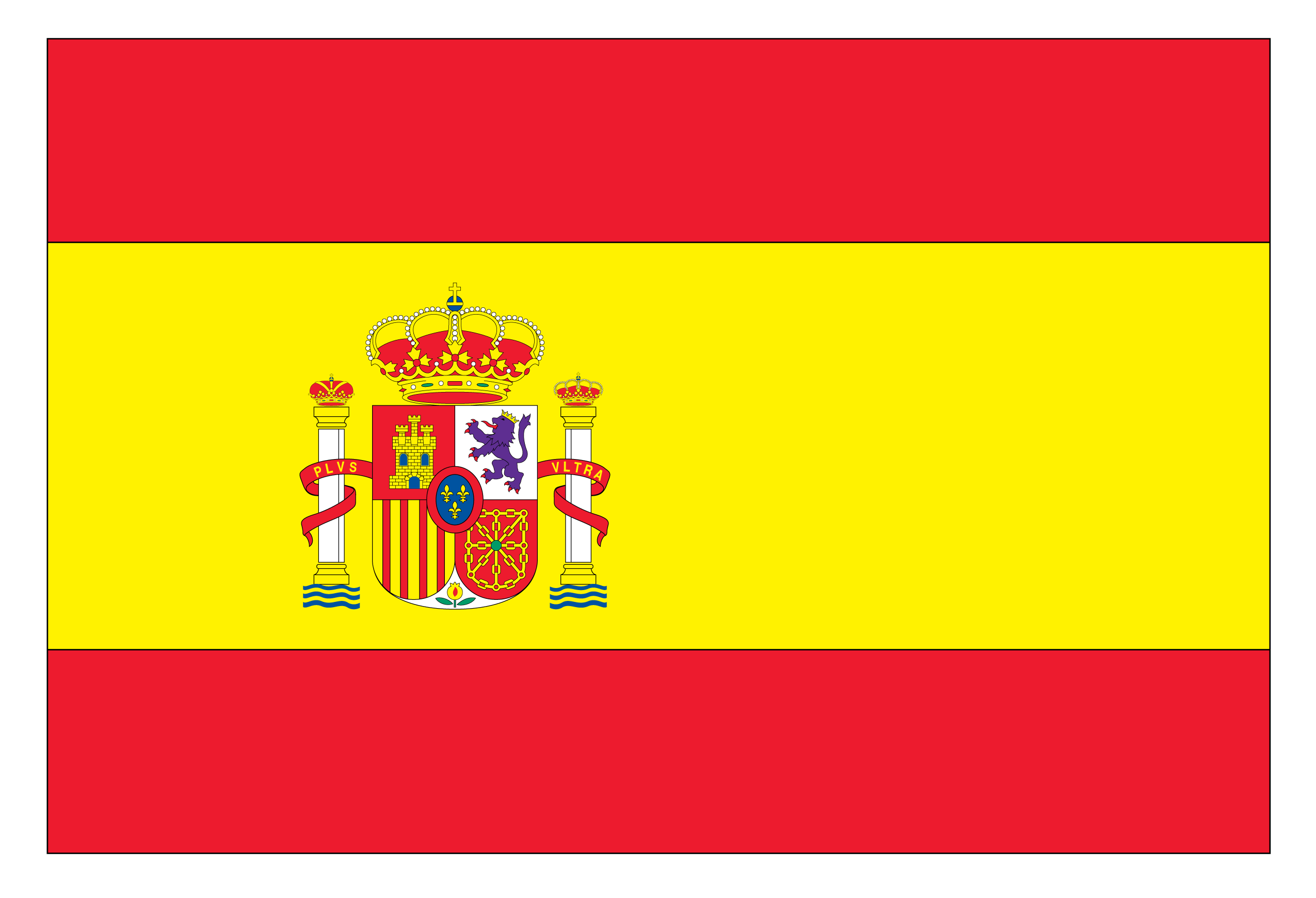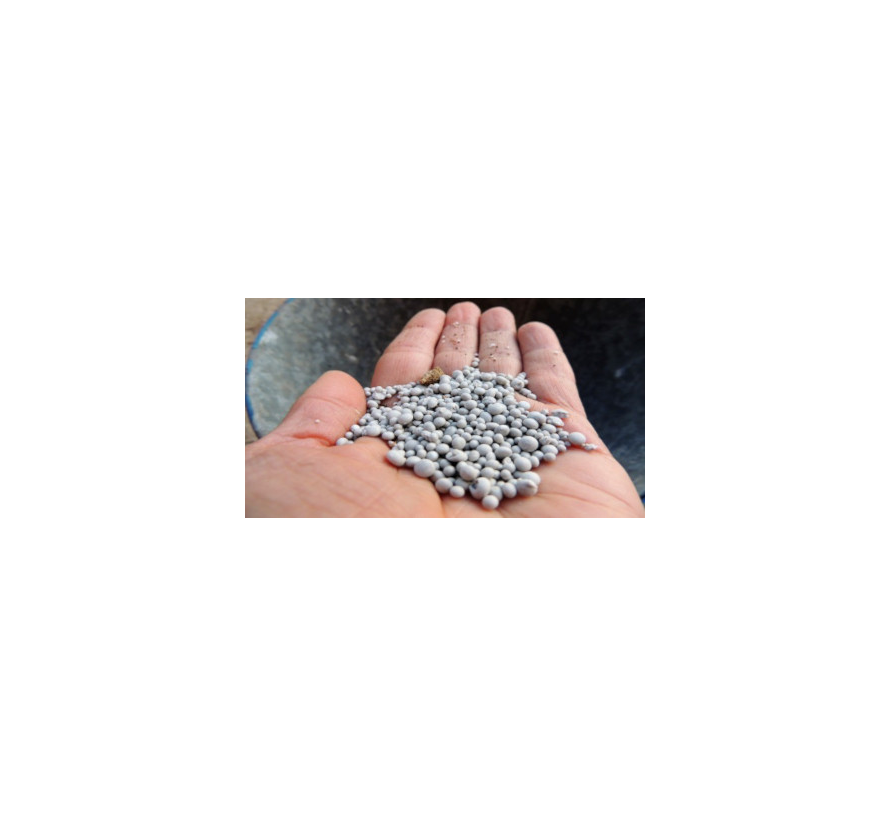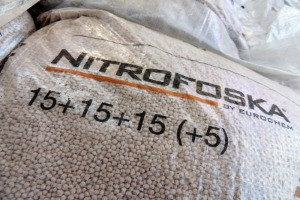npk-essentials-fertilizers-for-the-plants
NPK (nitrogen, phosphorus, and potassium) As we are all aware human beings and animals need to be fed well, therefore in the same way, plants also need to be fed, but frequently we do not think about this.
NPK. THE ESSENCIAL ELEMENTS FOR YOUR PLAN
NPK (nitrogen, phosphorus, and potassium)
As we are all aware human beings and animals need to be fed well, therefore in the same way, plants also need to be fed, but frequently we do not think about this.
However plants ""communicate"" through how they look.
We can see when a plant is vigorous and happy and when it is undernourished.
This is why in addition to the soil that we use, which is an essential base for their development, it is equally important that we do not forget their essential elements such as, NPK.
The nitrogen ""N” along with the phosphorus ""P"" and the potassium ""K"" are of the three basic minerals for the plants, also called ""macronutrients” they are essential for plants to develop properly.
On the other hand, as well there is a big group of ""micronutrients"", also essential elements for plants, but in less quantity. In this second group we have: Iron (Fe), copper (Cu), zinc (Zn), chlorine (Cl), manganese (Mn), molybdenum (Mo) and boron (Bo).
NITROGEN ""N""
In general, soils tend to have a deficiency of this mineral, that's why an additional contribution of this component is highly important. Nevertheless, even with soils with a large content of nitrogen, the plant cannot always absorb it.
The nitrogen is part of the organic matter of soils, and it is involved in the following functions:
- Chlorophyll synthesis forming part of the same.
- It is a component of vitamins, in addition to providing sugars, cellulose, starch or lipids, and besides, it is part of the enzymes and coenzymes.
- It is responsible for a greater and better absorption of other nutrients.
- It provides stimulation during the growth of the plant.
- Contributes to the cellular multiplication.
- Stretches the stages of cultivation of the plant.
A lack of nitrogen will produce the following symptoms:
- Old leaves will start to become yellow
- Plant will not be lush.
On the other hand, if the plant receives an excess of nitrogen, this will be manifested in:
- Leaves will show an excessive growth of foliage at the expense of the fruit and roots.
- Delay of flowering and seed formation.
PHOSPHORUS ""P""
After the nitrogen, phosphorus is the second most required macro element needed by the plants.It is involved in:
- The development of the roots at the beginning of the plantation.
- In the curd and development of the fruit.
- In the different biochemical processes in the cells of the plant.
- In a major resistance of the plant when the climate is adverse.
- In the increase of the efficiency for the use of the water.
- In some plants in its resistance to fight against a certain number of diseases.t
The symptoms of a lack of phosphorus in the plants will manifest with:
- Pale green on old leaves with brown or dry edges.
- Poor flowering.
- Poor root system
On the contrary an excess of phosphorus will cause:
- A larger development in the roots of the plant and scarce development of the leaves.
POTASSIUM ""K""
Potassium is involved in:Symptoms of the deficiency of potassium ""K"" on plants:
- The process of breathing.
- The synthesis of chlorophyll.
- The achievement of the photosynthesis.
- The formation of flowers and fruit.
- Grains and fruits of major size and sweetness.
- It favours the development of the roots - by a better use of the nitrogen.
- A major resistance to drought and frosts.
- A major fragility of the stems.
- Necrosis in the rims of the leaves
- Chlorosis in the inter-veins spaces of the leaves.
- Squat plant or / and slightly turgid.
- A major probability of roots being attacked by pathogenic agents.
- More possibilities of the fruits being attacked by fungi and germs.
And in the case of an excess of potassium:
- It will mean that other nutrients would not be able to be reabsorbed by the plant and its leaves will turn a brown or dark colour.
So do not forget to provide your plants, during spring and autumn, with extra nutrients which will contribute to their good development and health.
Aditional information:
http://bit.ly/2hnNi0Z
http://www.jardinerialimpia.com
http://fisiolvegetal.blogspot.com.es

 English
English Spanish
Spanish

Comments
Leave your comment